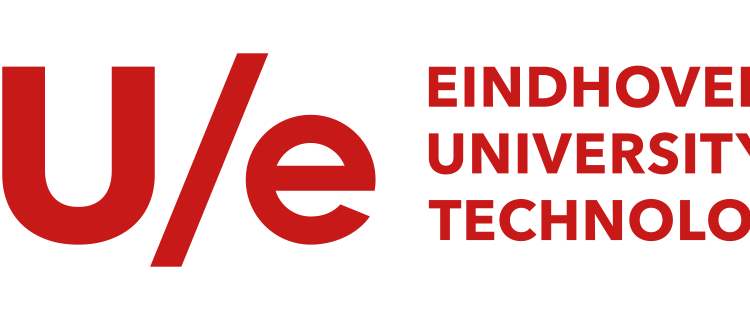Eindhoven University of Technology: TU/e leads multi-million euro research project into better care for people with dementia
Technological innovations can improve the quality of life of people with dementia. Yet many tools fail to match individual needs. A new research project led by TU/e is about to change this. Taking ‘warm technology’ as its guiding principle, the project uses artificial intelligence to provide appropriate, warm, smart care solutions for people with dementia. The Dutch Research Council (NWO) supports the research, a collaboration of several universities, care providers and health insurers, with an amount of over 3 million euros.
The 6-year research project focuses on artificial intelligence (AI), using data and smart algorithms to create solutions that match what people with dementia themselves want or need.
“AI in particular is very suitable for this,” says Wijnand IJsselsteijn, project leader and professor at the department of Industrial Engineering and Innovation Sciences. “Because of the learning ability of artificial intelligence, these tools gradually learn how they can support people. Think of tools that help people with memory problems to remember everyday things. Or navigation devices that intuitively map out meaningful locations in the immediate environment of someone with dementia.”
Bridge between healthcare and technology
A key goal of the project is to bring together people from healthcare and the world of AI. “We want to build a bridge between healthcare professionals who know everything about dementia and our researchers who know about algorithms. The idea is that together, in a process of cocreation and codesign, they will explore solutions that really work.”
As far as IJsselsteijn is concerned, AI is not necessarily always the only or best solution. “We look at what people with dementia need, both at home and in a care setting. We also take into account how care professionals work in practice, and what technical innovations work best in a care environment. That could also be a very simple tool, or perhaps no tool at all. Ultimately, it’s about the quality of care.”
“Warm technology is about giving people with dementia their own voice. Instead of us figuring out what is good for them, as is still often the case with technological innovations, we discuss with them what they themselves want, what their needs and challenges are.”
An additional benefit of warm technology based on AI is greater efficiency in healthcare, which is struggling with severe staff shortages. “It frees up the staff to devote themselves to give real warm care,” says Rens Brankaert, associate professor at the departement of Industrial Design, and affiliated with Fontys Paramedic Hogeschool as a lecturer. Brankaert won an innovation prize from Alzheimer Nederland last year for his dementia research and plays an important role in this project.
Consortium
The Quality of Life by use of Enabling AI in Dementia (QoLEAD) project is a collaboration of TU/e with Maastricht University, Radboud University, TUDelft, TNO, UMCG, Fontys HS, UT/Tranzo, Rotterdam HS, UU, Vilans, JAIN-TIGNL, Avoord, Zonnehuisgroep Amstelland, Tante Louise, SVRZ Service Centre, UMCN/UKON, CZ and VGZ.
In addition, there is intensive collaboration with Alzheimer Nederland, the Dementia & Technology Expertise Centre and EAISI, the AI institute of TU/e.
The grant was awarded within the framework of the program Living with Dementia of the Dutch Research Council (NWO). In addition to the million-dollar grant for QoLEAD, several million will go to research on dementia at an early age. That project is led by Amsterdam UMC.

